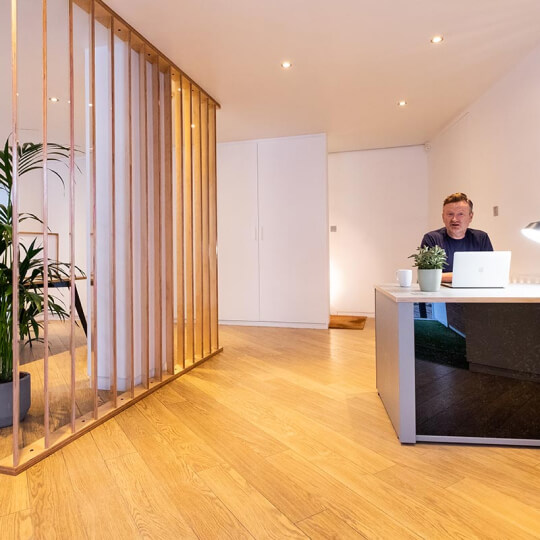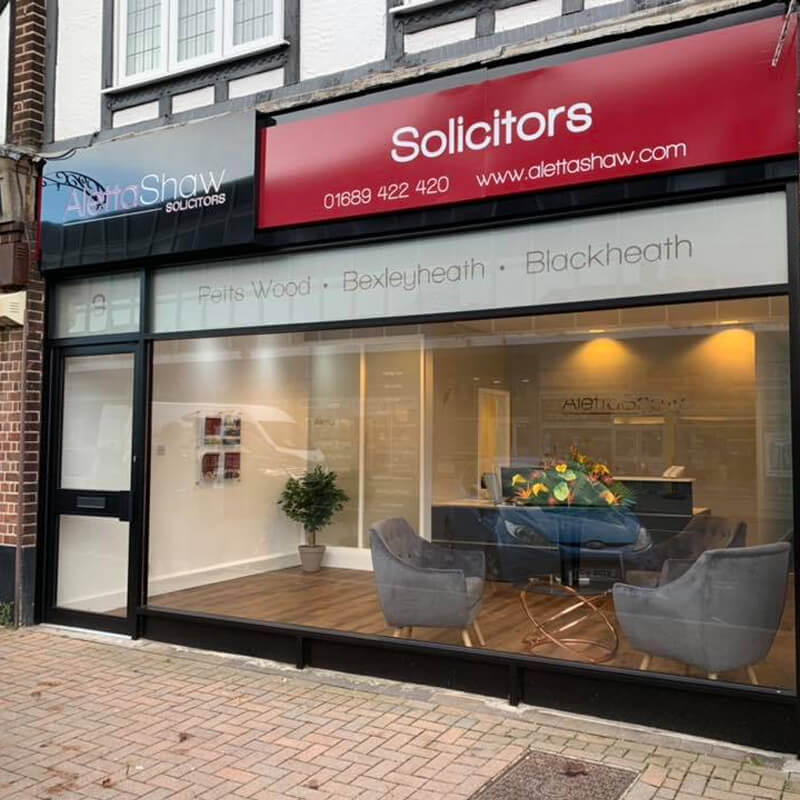Collaborative Law was introduced in the United States first and launched in England and Wales in 2003.
Collaborative Law consists of sorting out divorce-related issues regarding finances or children, through face to face meetings between the parties and their specially trained collaborative lawyers.
The process allows you to go at your own pace, rather than as dictated by the court. It is much more informal and allows you to put forward your own wishes rather than doing so through a representative, yet at the same time, you will have the benefit of your own independent lawyer to advise you concerning legal issues throughout the process. It will be you and your partner/spouse who decide the outcome, not a lawyer or a judge.
Negotiations involve several faces to face meetings between the parties and their respective collaborative lawyers. At the first meeting, each party signs a Participation Agreement confirming their commitment to the process. The parties also set a timetable for disclosure, experts and subsequent meetings. There may be as few as one or two meetings or there may be up to four or five, depending upon each particular case.
Once the agreement is reached the collaborative lawyers prepared any necessary documentation required to give effect to the agreement.








